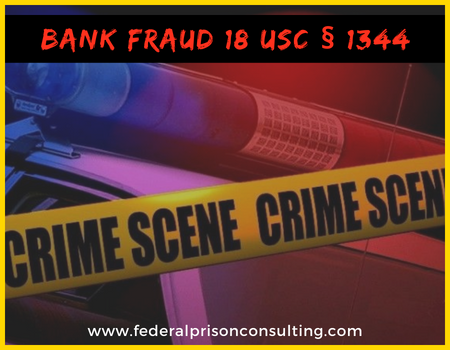Over 50 Years’ Combined Experience
Federal Crimes
Bank Fraud Charges & Sentencing 18 USC 1344

Bank fraud refers to illegal acts committed against a financial institution with the intention of obtaining money or assets through deception. The perpetrators of bank fraud can be individuals, groups or organizations, and their tactics can range from simple to sophisticated. One common form of bank fraud is check fraud, where individuals forge checks to obtain money from a bank account. Bank fraud include identity theft, phishing scams, and credit card fraud, where the perpetrator uses stolen credit card information to make unauthorized purchases.
The impact of bank fraud can be devastating for both the financial institution and its customers. When a bank experiences a fraud, it may lead to a loss of reputation and customer trust, as well as significant financial losses. In some cases, bank fraud can also lead to the collapse of a financial institution, causing widespread economic harm.
To combat bank fraud, financial institutions have put in place various security measures, such as encryption and two-factor authentication. Customers are also encouraged to be vigilant and report any suspicious activities to their banks immediately.
In conclusion, bank fraud is a serious crime that can cause significant harm to individuals and financial institutions alike. It is essential for everyone to remain vigilant and take proactive measures to prevent and report such fraudulent activities.
Who Investigates Bank Fraud
Bank fraud is typically investigated by a variety of law enforcement agencies, including the Federal Bureau of Investigation (FBI), the Securities and Exchange Commission (SEC), and the Internal Revenue Service (IRS). Additionally, many financial institutions have their own internal investigative units that work to detect and prevent fraud within the organization.
Bank Fraud Penalties
Bank fraud is a serious crime that carries severe penalties. Penalties for bank fraud vary depending on the nature and severity of the offense. Those found guilty of bank fraud can face fines, imprisonment, or both. The fines can be substantial, often ranging from thousands to millions of dollars, while the prison sentences can range from several years to life imprisonment. In addition to criminal penalties, those found guilty of bank fraud may also face civil lawsuits and have to pay restitution to the victims of the fraud. The severity of the penalties highlights the importance of preventing and reporting bank fraud to ensure the integrity of the financial system.
As Seen On:










